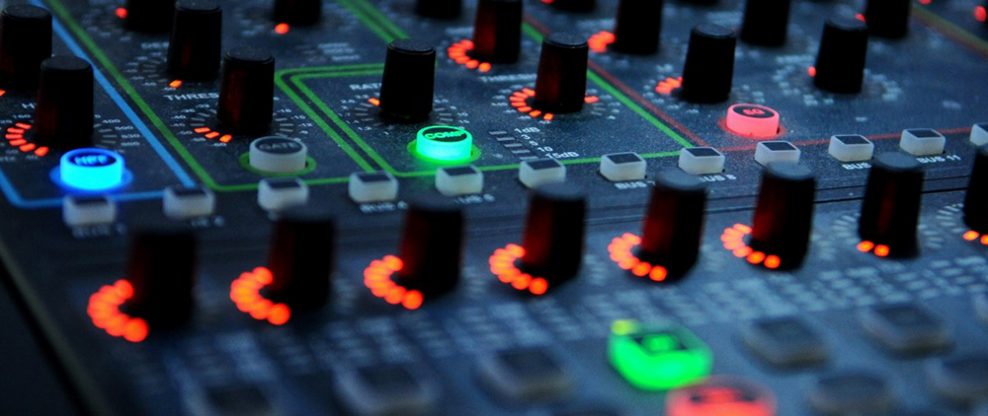WASHINGTON D.C. (Hypebot) — As our week-long look at the Music Modernization Act continues, some see major problems, despite bipartisan support in Congress and endorsements from virtually every major music and tech trade group. Among the critics are respected music industry attorneys Nicole Haff and Cassie Daum
___________________________________________________
Guest post by Attorneys Nicole Haff and Cassie Daum of Smith, Gambrel & Russell, LLP
On December 21, 2017, the Music Modernization Act of 2017 (H.R. 4706) was introduced in the House of Representatives. The bill seeks to modernize the U.S. music licensing system by (1) creating a not-for-profit mechanical licensing and royalty collective to collect and distribute mechanical royalties from interactive streaming services, such as Spotify, Apple Music, Pandora, Google Play Music, Tidal, and others, (2) requiring Copyright Royalty Judges to establish rates and terms that would have been negotiated in the free market between a willing buyer and willing seller by examining economic, competitive and programming information, such as the rates that recording artists earn, and (3) changing the rate court procedure for ASCAP and BMI, the two largest performing rights organizations in the U.S., by randomly assigning federal court judges from Southern District of New York to each rate setting proceeding.
“smaller publishers and musicians may be surprised”
While many in the music industry welcome this bill, smaller publishers and musicians may be surprised to learn that several of the provisions in the Music Modernization Act may harm their interests.
First, the bill contains a provision relating to unclaimed musical works: if a work remains unclaimed, any accrued royalties that relate to that unmatched work are transferred to the mechanical licensing collective after three years. This money is then distributed back to the publishers that registered with the mechanical licensing collective. This bill limits the amount of time that an artist has to collect upon their earned but unmatched royalties, while favoring larger publishers that will join the collective and receive these unclaimed payments.
Second, for all copyright actions filed after January 1, 2018, the bill severely limits the damages that can be obtained against digital music providers for unlicensed uses “prior to the license availability date” to royalties if the digital music provider can meet certain requirements. The phrase “prior to the license availability date,” is defined as “January 1 following the second anniversary of the enactment of the Music Modernization Act.” Therefore, if the Music Modernization Act is signed into law in February of this year, the license availability date would be January 2021. By denying potential copyright claimants access to statutory damages and attorneys’ fees, the bill gives streaming services a free-pass to infringe upon the works of smaller artists and publishing companies that cannot otherwise afford to fund litigation to vindicate their rights.
[Editor: The bill has now also been introduced in the U.S. Senate.Bold above added for emphasis.]




























